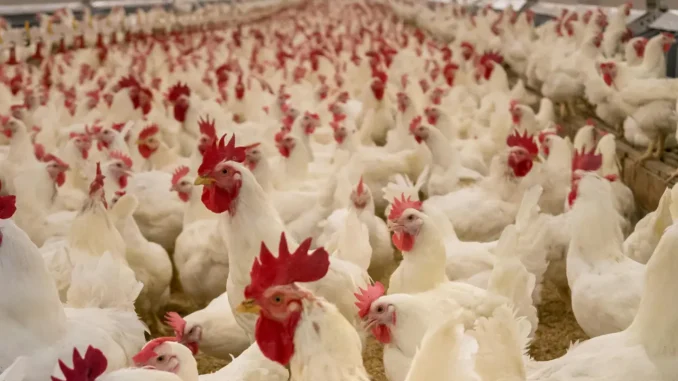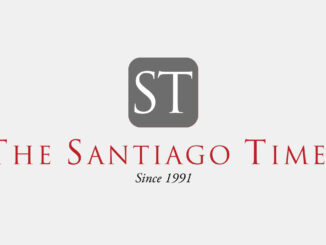
A highly pathogenic avian influenza (HPAI) outbreak in Brazil’s southern state of Rio Grande do Sul has prompted a suspension of chicken meat exports to China, the European Union, and Argentina, and triggered a regional sanitary alert in Paraguay as neighboring countries brace for potential spread.
Brazil’s Agriculture Ministry confirmed the outbreak occurred at a commercial poultry facility, prompting containment measures that include farm isolation, culling of affected birds, and active monitoring of surrounding areas. Authorities expressed confidence the virus could be eradicated within 28 days, potentially allowing an earlier resumption of exports.
Agriculture Minister Carlos Fávaro announced that China would suspend Brazilian poultry imports for 60 days in response to the outbreak. However, in a subsequent media interview, Fávaro said he does not expect trade partners to impose full bans on Brazilian poultry, citing the country’s critical role as a global supplier. He added that the outbreak would not affect Brazil’s broader plans to expand its agricultural footprint in China. In 2024, China imported over 561,000 tons of Brazilian chicken, making it Brazil’s largest buyer.
The European Union and Argentina also halted imports in line with sanitary protocols, while other countries opted for regionalized restrictions limited to the outbreak zone.
“To respect the agreements signed with China and the European Union, exports are restricted throughout the country,” Fávaro said, adding that Brazil has regionalization protocols in place with other trading partners, including Japan, the United Arab Emirates, the United Kingdom, Saudi Arabia, and Argentina.
Fávaro emphasized that Brazilian poultry meat and eggs remain safe for consumption—a message echoed by Rio Grande do Sul Governor Eduardo Leite, who assured citizens via social media that products can be consumed “with total safety.”
The outbreak has not spread to other commercial farms, although a suspected case in wild birds remains under investigation. The government has notified the World Organization for Animal Health and international partners to maintain transparency and support the swift normalization of trade flows.
The European Union, which purchased more than 231,000 tons of Brazilian chicken last year—approximately 4.5% of Brazil’s poultry exports—is currently in talks with Brazil on the possibility of implementing regionalized bans, similar to those accepted by other nations.
Paraguay Issues Alert, Monitors Border with Brazil
In response to the outbreak, Paraguay’s National Service of Animal Quality and Health (Senacsa) issued a nationwide sanitary alert on Friday, urging citizens, farmers, and officials to immediately report any sightings of sick or dead birds and avoid contact with them.
“It is important to remember not to handle birds with signs of disease or dead birds, to avoid the risk of contagion,” Senacsa warned, noting the proximity of Porto Alegre—the epicenter of Brazil’s outbreak—to the Paraguayan border.
Authorities activated maximum alert status across regional coordination offices, border checkpoints, and zonal units to monitor potential cross-border transmission.
Meanwhile, Paraguay is pursuing opportunities to expand its meat exports. Senacsa President Juan Carlos Martín confirmed that Philippine authorities will announce in July whether Paraguayan beef, pork, and poultry meet import requirements following a detailed audit conducted in April and May.
The Philippines, one of Asia’s largest meat importers, is evaluating Paraguay’s food safety infrastructure. Paraguay must submit additional documentation by May 29 to complete the audit. Martín described the process as “very convenient,” noting that the detailed review prepares the country for future audits.
While Paraguay is temporarily pausing new audit requests from other countries—with the exception of Mexico—ongoing negotiations with Japan remain active.
Global Vigilance Heightens
The developments underscore the interconnectedness of agricultural health and trade across South America and global markets. While Brazil works to contain the outbreak and restore trade flows, neighboring countries like Paraguay are tightening surveillance and simultaneously pursuing new market access.
With swift containment, continued transparency, and adherence to international health standards, Brazilian officials hope to lift trade restrictions ahead of the 60-day timeline. In the meantime, regional authorities remain on alert to prevent further spread of the virus.


